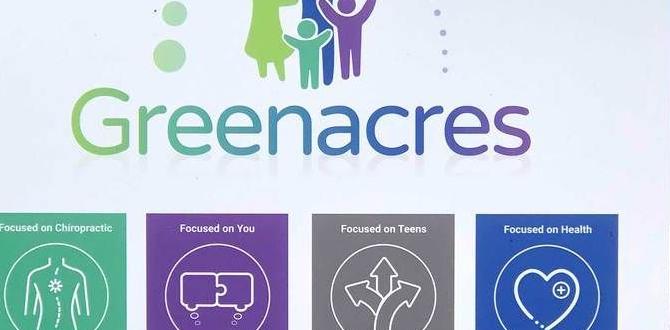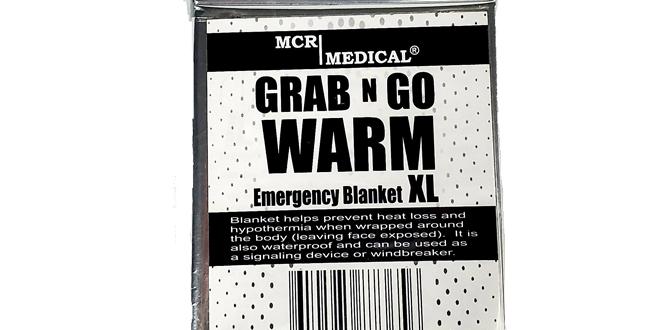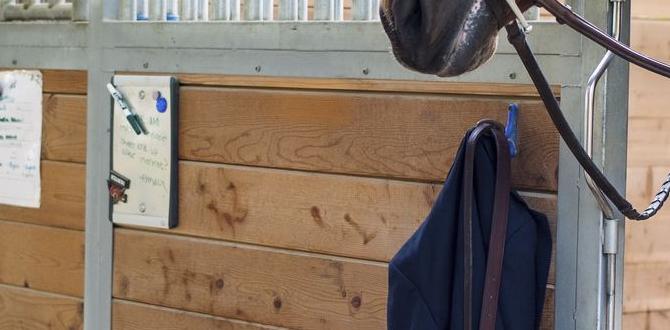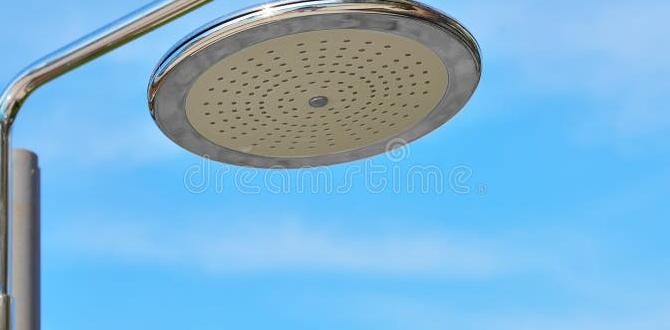Have you ever watched a tiny seed grow into a big, beautiful plant? Gardening can be a fun and rewarding hobby. If you are new to gardening, you might wonder where to begin. This article will help you learn how to start gardening for beginners.
Imagine stepping into your backyard. You see colorful flowers and tasty vegetables. How amazing would that be? With some simple tips, you can make that dream come true.
Did you know that gardening can help you relax? Many people find peace when they dig in the dirt. It’s a great way to enjoy nature and stay active. Plus, you can share the fruits of your labor with friends and family!
In the following sections, you’ll find easy steps to get started. So, grab your gloves, and let’s dig into the world of gardening together!
How To Start Gardening For Beginners: A Simple Guide
How to Start Gardening for Beginners
Gardening can be fun and rewarding! Did you know planting a seed can lead to beautiful blooms? Beginners should start small. Choose easy plants like herbs or flowers. Make sure to have good soil and sunlight in your garden. Water your plants regularly, and soon you’ll see them grow! Remember, patience is key. Even small gardens can bring joy and fresh produce. Ready to dig in?Understanding the Basics of Gardening
Definition and importance of gardening. Different types of gardening: container, raised bed, and traditional.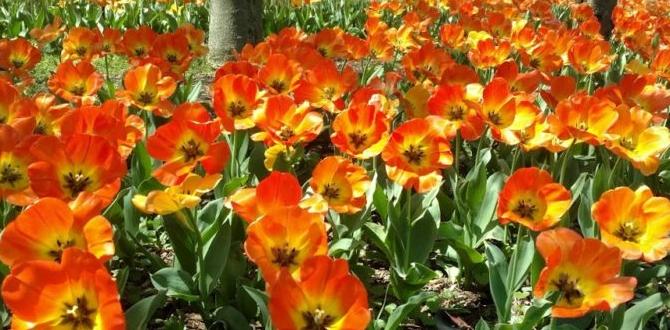
Gardening is growing plants for food, fun, or beauty. It helps our environment and gives us fresh air. It can also brighten our homes and gardens. Beginners can choose from different types of gardening:
- Container gardening: Ideal for small spaces, uses pots for plants.
- Raised bed gardening: Elevated beds help with soil quality and drainage.
- Traditional gardening: Uses rows directly in the ground. This is common in backyards.
Each type has its own benefits. Choose what fits your space and needs!
What is the importance of gardening?
Gardening helps produce food and improves mental health. It connects people with nature, making them happier and healthier.
Choosing the Right Location
Factors to consider: sunlight, drainage, and accessibility. Assessing the soil quality in your chosen location.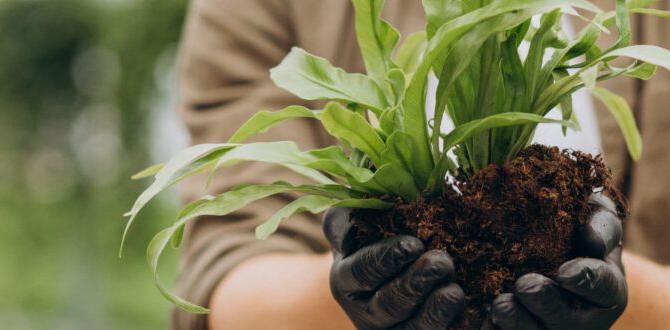
Finding the right spot for your garden is key. Look for an area that gets plenty of sunlight. Most plants need six to eight hours of sun each day. Check for drainage too. Water should flow away easily, not puddle up. Choose a place that is easy to access, so you can tend to your plants easily. Finally, test your soil quality. Soft, crumbly soil is usually better for growing plants.
What should I consider before starting a garden?
Before starting a garden, consider sunlight, drainage, and accessibility. Good soil quality is also important.
Selecting the Right Plants
Best beginnerfriendly plants: herbs, vegetables, and flowers. Seasonal considerations for plant selection.Choosing the right plants is key for new gardeners. Start with easy-to-grow herbs like basil and mint. They smell great and are fun to use in cooking. Try vegetables such as carrots and radishes, which grow fast. For flowers, consider marigolds and sunflowers; they’re bright and cheerful.
Think about the seasons, too. Some plants grow better in spring, while others do best in fall. Understanding this helps you pick the right plants at the right time.
What are the best plants for beginners?
Herbs, vegetables, and flowers are all great options for new gardeners.Best Beginner-Friendly Plants:
- Herbs: Basil, Mint
- Vegetables: Carrots, Radishes
- Flowers: Marigolds, Sunflowers
Essential Gardening Tools and Equipment
Musthave tools for beginners: trowel, pruners, and gloves. Optional tools to enhance gardening experience.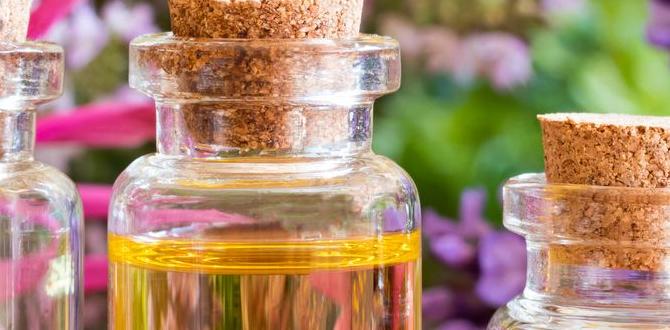
Starting a garden is fun! But having the right tools makes it easier. For beginners, three tools are must-haves:
- Trowel: This helps you dig and plant your seeds.
- Pruners: These cut unwanted branches and help keep plants healthy.
- Gloves: Protect your hands while gardening.
Optional tools can enhance your experience. Consider items like a watering can, a rake, or a garden fork. These tools make gardening more enjoyable and can help you grow beautiful plants!
What tools do I need to start a garden?
You need a trowel, pruners, and gloves to start gardening. Optional tools like a watering can or rake can help too.
Soil Preparation and Fertilization
Understanding soil types and how to amend them. Importance of fertilizers and organic matter for plant health.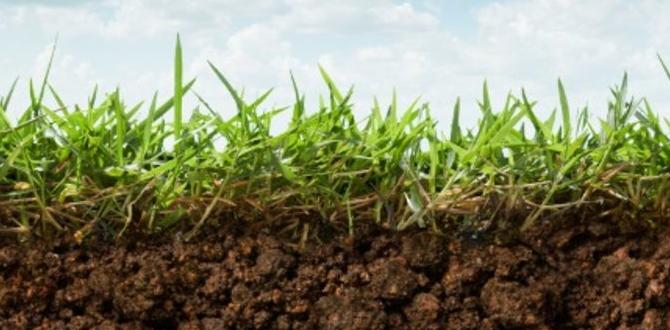
Healthy plants need good soil to grow. Understanding soil types is important. There are sandy, clay, and loamy soils. Each type holds water differently. You may need to amend them by adding materials like compost. Fertilizers provide nutrients and help plants thrive. Organic matter, like leaves, boosts soil health. Healthy soil leads to strong plants!
What is soil amendment?
Soil amendment means adding things to improve soil quality. This helps plants grow better by making the soil richer.
Types of soil amendments:
- Compost
- Mulch
- Manure
Using these amendments makes your garden flourish.
Watering Techniques and Schedule
Best practices for watering new plants. Signs of overwatering and underwatering.Watering new plants is like giving them a drink at a party. You want to make sure they don’t get too thirsty or soggy! A good rule of thumb is to water thoroughly but avoid drowning them. Check the soil moisture. If it feels dry two inches down, it’s time for a drink! But if the leaves turn yellow, you might be overdoing it. Watch for droopy leaves; that’s a sign of dehydration.
| Signs | Symptoms |
|---|---|
| Overwatering | Yellow leaves, mushy stems |
| Underwatering | Droopy leaves, dry soil |
Finding the right schedule is key. Water in the morning to help your plants soak up the sun. So, let’s keep our garden lively with just the right amount of water!
Managing Pests and Diseases
Common pests and how to identify them. Natural and chemical solutions for pest control.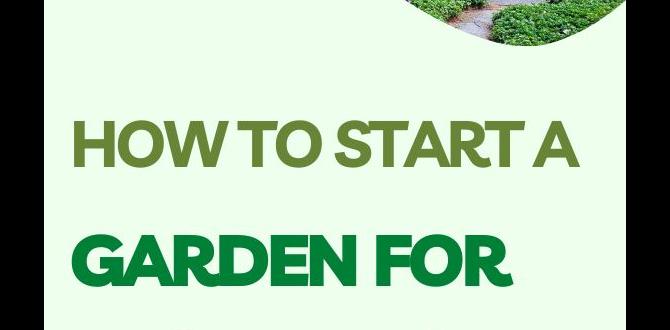
Pests can be sneaky little critters that love to munch on your plants. Common pests like aphids and slugs can turn your garden into their buffet. To spot them, look for tiny bugs or holes in your leaves. Natural solutions, like planting marigolds, can help keep them away. If things get tough, some gardeners opt for mild chemicals. But remember, even pesticides can’t dance around the garden—use them wisely! Here’s a quick look:
| Pest | How to Identify | Control Method |
|---|---|---|
| Aphids | Small, green bugs | Blast with water or use ladybugs |
| Slugs | Slime trails and chewed leaves | Beer traps or diatomaceous earth |
Keeping an eye on your plants can make a big difference. Happy gardening!
Seasonal Gardening Tips
What to do in spring, summer, fall, and winter. Preparing your garden for seasonal changes.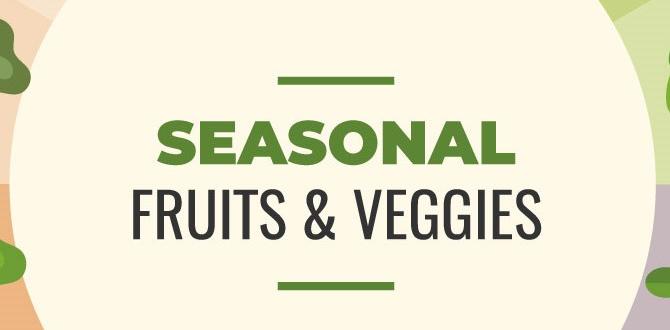
Every season changes your garden. Here’s how to prepare:
- Spring: Start by tilling the soil. Add compost. Plant seeds for flowers and veggies.
- Summer: Water regularly. Keep weeds away. Harvest crops when they’re ripe.
- Fall: Collect fallen leaves. Prepare soil for winter by adding organic matter. Plant bulbs for spring blooms.
- Winter: Protect plants from frost. Cover the soil with mulch. Plan your garden for next year.
Gardening is fun! Adjusting to each season makes your garden grow healthier.
What should beginners do in each season?
Spring: Plant new seeds. Summer: Water daily. Fall: Clean up. Winter: Prepare for spring.
Finding Gardening Communities and Resources
Online forums, local gardening clubs, and workshops. Recommended books and websites for further learning.Diving into gardening is fun, and joining a community makes it even better! Online forums, like Reddit’s gardening section, are great for sharing tips and asking questions. Local gardening clubs can spark friendships, plus you might discover the secret to growing the best tomatoes. Check out workshops in your town too; they are often full of expert advice and a hint of dirt on your shoes!
For further learning, here’s a list of helpful resources:
| Resource | Type |
|---|---|
| Gardening for Dummies | Book |
| Garden.org | Website |
| National Gardening Association | Community |
So grab your shovel and get ready to dig into these fun gardening adventures!
Tracking Your Gardening Progress
Keeping a gardening journal for notes and improvements. Importance of observing plant growth and conditions.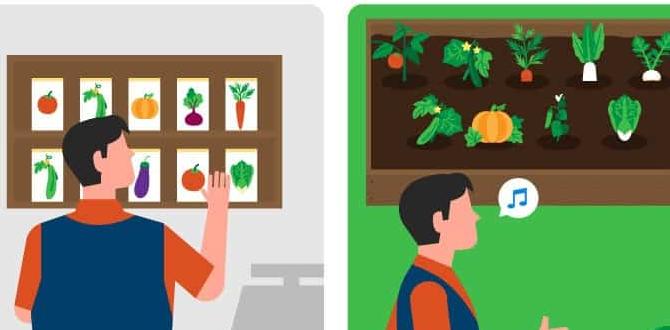
Keeping track of your gardening wins and fails is key. A gardening journal can be your trusty sidekick. You can jot down notes about what works, like that magic fertilizer, or what flops, like those poor sad plants that didn’t make it. Observing plant growth is crucial, too. Each sprout or leaf change tells a story. You’ll learn what conditions your plants prefer—kind of like figuring out if they like a sunny beach day or prefer shady spots. Add humor to this adventure; after all, your plants might just appreciate the giggles!
| What to Note | Why it Matters |
|---|---|
| Plant Growth | Tracks progress and helps improve care. |
| Weather Conditions | Shows how it affects your garden and plants. |
| Pest Issues | Helps prevent future problems. |
Conclusion
In conclusion, starting a garden is fun and rewarding. Choose the right plants for your space. Prepare your soil and learn about watering. Don’t forget to check the sunlight needs! Start small and enjoy the process. We encourage you to read more gardening tips to grow your skills. Let’s dig in and make our gardens thrive!FAQs
What Are The Essential Tools And Supplies Needed For Beginner Gardeners?To start gardening, you need a few basic tools and supplies. First, get some gloves to protect your hands. A small shovel, called a trowel, helps you dig holes for seeds. You should also have a watering can or hose to give plants water. Finally, buy seeds or young plants to grow in your garden.
How Do I Choose The Right Plants Or Vegetables For My Garden Based On My Location And Climate?To choose the right plants for your garden, start by checking your location’s climate. Look at the weather in your area, like how hot or cold it gets. Some plants love warm weather, while others prefer cool. You can also ask local gardeners or visit a garden center for advice. Make sure to pick plants that can grow well where you live!
What Are The Basic Steps For Preparing And Maintaining Garden Soil?To prepare garden soil, start by clearing away any weeds and rocks. Use a shovel or spade to turn the soil. Add compost or fertilizer to improve the soil’s nutrients. Then, mix it well with a rake. To maintain the soil, regularly check for weeds and water when it’s dry. Adding more compost each year helps keep it healthy!
How Do I Care For My Plants, Including Watering, Fertilizing, And Pest Management?To care for your plants, water them when the soil feels dry. Give them fertilizer every few weeks to help them grow strong. Check for pests, like bugs on leaves, and remove them gently. You can also use soapy water to keep pests away. Always make sure your plants get enough sunlight!
What Are Some Common Mistakes That Beginner Gardeners Should Avoid?Beginner gardeners should avoid planting too many seeds at once. It’s better to start small and learn as you go. Make sure to water your plants, but don’t overwater them. Also, remember to check how much sunlight your plants need. Lastly, don’t forget to pull out weeds, as they take nutrients away from your plants!
{“@context”:”https://schema.org”,”@type”: “FAQPage”,”mainEntity”:[{“@type”: “Question”,”name”: “What Are The Essential Tools And Supplies Needed For Beginner Gardeners? “,”acceptedAnswer”: {“@type”: “Answer”,”text”: “To start gardening, you need a few basic tools and supplies. First, get some gloves to protect your hands. A small shovel, called a trowel, helps you dig holes for seeds. You should also have a watering can or hose to give plants water. Finally, buy seeds or young plants to grow in your garden.”}},{“@type”: “Question”,”name”: “How Do I Choose The Right Plants Or Vegetables For My Garden Based On My Location And Climate? “,”acceptedAnswer”: {“@type”: “Answer”,”text”: “To choose the right plants for your garden, start by checking your location’s climate. Look at the weather in your area, like how hot or cold it gets. Some plants love warm weather, while others prefer cool. You can also ask local gardeners or visit a garden center for advice. Make sure to pick plants that can grow well where you live!”}},{“@type”: “Question”,”name”: “What Are The Basic Steps For Preparing And Maintaining Garden Soil? “,”acceptedAnswer”: {“@type”: “Answer”,”text”: “To prepare garden soil, start by clearing away any weeds and rocks. Use a shovel or spade to turn the soil. Add compost or fertilizer to improve the soil’s nutrients. Then, mix it well with a rake. To maintain the soil, regularly check for weeds and water when it’s dry. Adding more compost each year helps keep it healthy!”}},{“@type”: “Question”,”name”: “How Do I Care For My Plants, Including Watering, Fertilizing, And Pest Management? “,”acceptedAnswer”: {“@type”: “Answer”,”text”: “To care for your plants, water them when the soil feels dry. Give them fertilizer every few weeks to help them grow strong. Check for pests, like bugs on leaves, and remove them gently. You can also use soapy water to keep pests away. Always make sure your plants get enough sunlight!”}},{“@type”: “Question”,”name”: “What Are Some Common Mistakes That Beginner Gardeners Should Avoid? “,”acceptedAnswer”: {“@type”: “Answer”,”text”: “Beginner gardeners should avoid planting too many seeds at once. It’s better to start small and learn as you go. Make sure to water your plants, but don’t overwater them. Also, remember to check how much sunlight your plants need. Lastly, don’t forget to pull out weeds, as they take nutrients away from your plants!”}}]}


